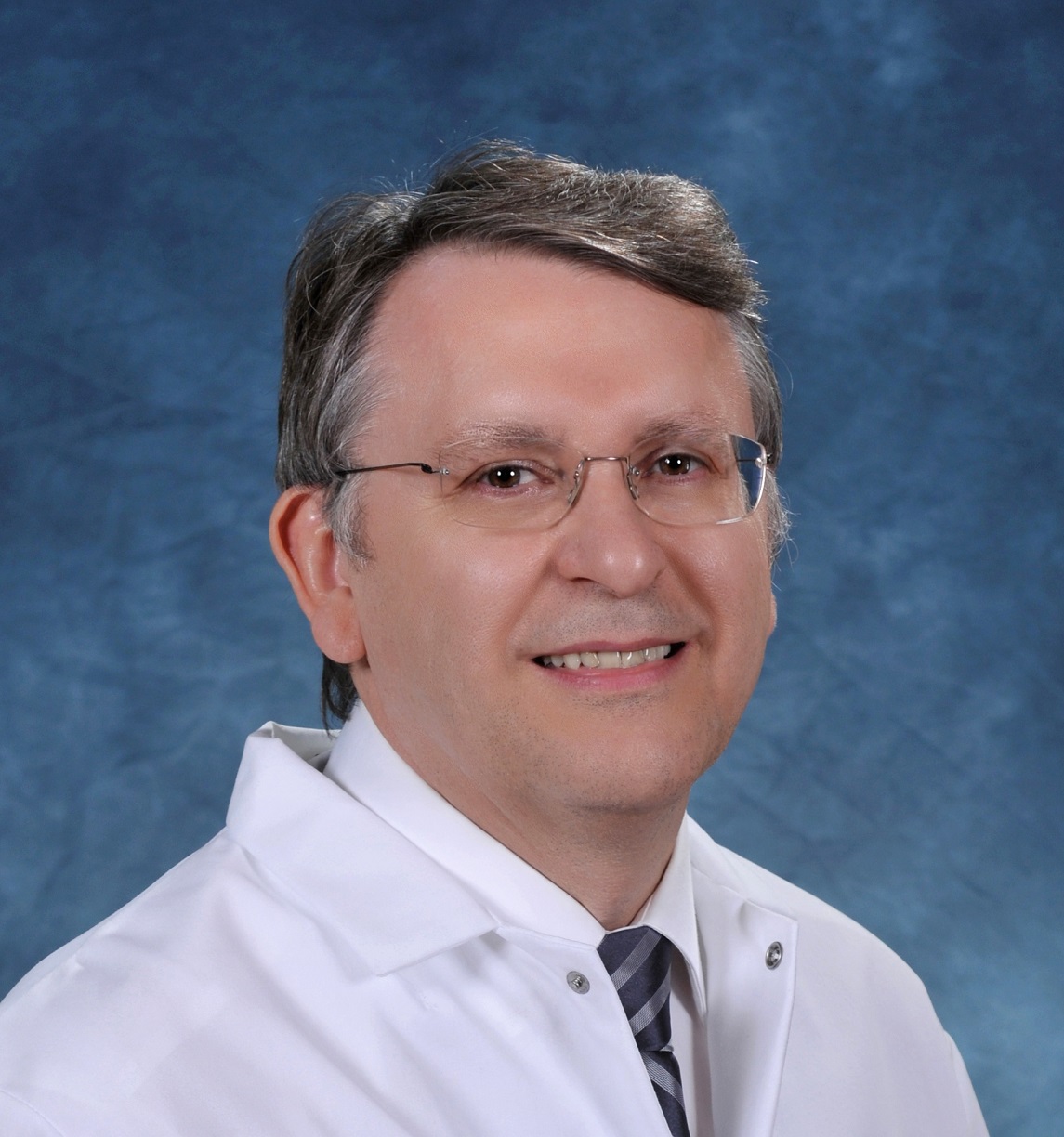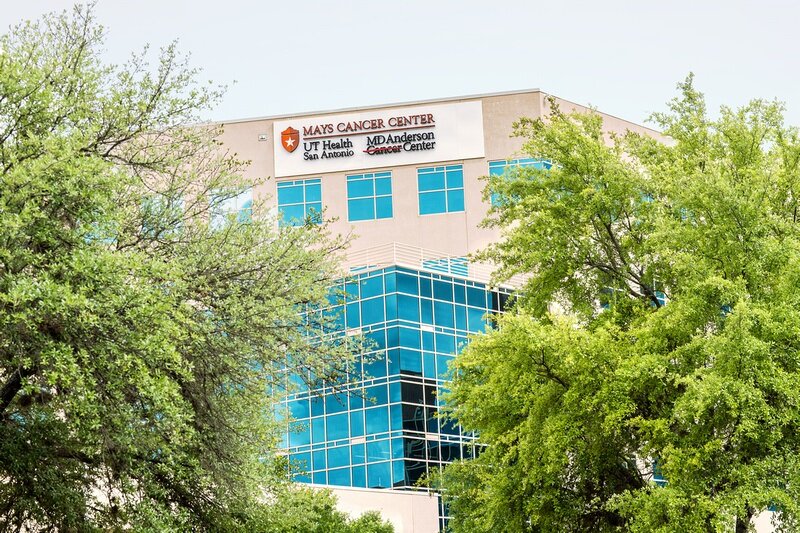UT Health San Antonio and its Mays Cancer Center will receive a $6 million award from the Cancer Prevention and Research Institute of Texas (CPRIT) to recruit Alexander Mazin, PhD, a senior, highly accomplished biochemist and cancer biologist currently at Drexel University College of Medicine.
CPRIT announced the grant Feb. 17. It is the third CPRIT Recruitment of Established Investigator Award landed by UT Health San Antonio since 2018. The other grants helped the university and Mays Cancer Center to attract DNA repair expert Patrick Sung, DPhil, from Yale University, and breast cancer and radiation biology researcher David Gius, MD, PhD, from Northwestern University.

Dr. Mazin will be a full professor with tenure in the Department of Biochemistry and Structural Biology at UT Health San Antonio and a critical contributor to the Cancer Development and Progression Program of the Mays Cancer Center. The Mays Cancer Center, home to UT Health San Antonio MD Anderson, is one of the four National Cancer Institute-designated Cancer Centers in Texas.
Dr. Mazin will be appointed as the Joe R. and Teresa Lozano Long Professor of Biochemistry. He will add tremendous strengths to the cancer-focused mechanistic biology and drug discovery programs within the Joe R. and Teresa Lozano Long School of Medicine and the Mays Cancer Center, said Dr. Sung, the medical school’s associate dean for research.
“In interfacing with UT Health San Antonio investigators with complementary expertise and research interests related to his, Dr. Mazin will further elevate the impact of our scientific undertakings and create new opportunities for team science grant applications to various funding agencies,” said Ruben Mesa, MD, executive director of the Mays Cancer Center.
Cells are constantly dividing, and as they do, the DNA molecule — our genetic code — sometimes gets broken. DNA has twin strands, and a break in both is considered especially dangerous. This kind of double-strand DNA break can lead to genome rearrangements that are hallmarks of cancer cells. Dr. Mazin is an expert in homologous recombination, which is a double-strand break repair process.
# # #
The Long School of Medicine at The University of Texas Health Science Center at San Antonio is named for Texas philanthropists Joe R. and Teresa Lozano Long. The school is the largest educator of physicians in South Texas, many of whom remain in San Antonio and the region to practice medicine. The school teaches more than 900 students and trains 800 residents each year. As a beacon of multicultural sensitivity, the school annually exceeds the national medical school average of Hispanic students enrolled. The school’s clinical practice is the largest multidisciplinary medical group in South Texas with 850 physicians in more than 100 specialties. The school has a highly productive research enterprise where world leaders in Alzheimer’s disease, diabetes, cancer, aging, heart disease, kidney disease and many other fields are translating molecular discoveries into new therapies. The Long School of Medicine is home to a National Cancer Institute-designated cancer center known for prolific clinical trials and drug development programs, as well as a world-renowned center for aging and related diseases.
The University of Texas Health Science Center at San Antonio, also referred to as UT Health San Antonio, is one of the country’s leading health sciences universities and is designated as a Hispanic-Serving Institution by the U.S. Department of Education. With missions of teaching, research, patient care and community engagement, its schools of medicine, nursing, dentistry, health professions and graduate biomedical sciences have graduated more than 37,000 alumni who are leading change, advancing their fields, and renewing hope for patients and their families throughout South Texas and the world. To learn about the many ways “We make lives better®,” visit www.uthscsa.edu.
Stay connected with The University of Texas Health Science Center at San Antonio on Facebook, Twitter, LinkedIn, Instagram and YouTube.
To see how we are battling COVID-19, read inspiring stories on Impact.


